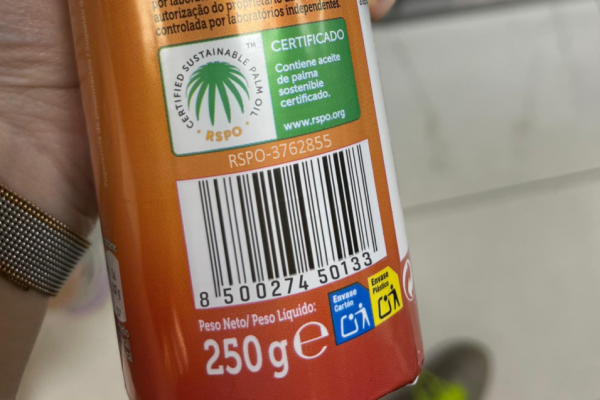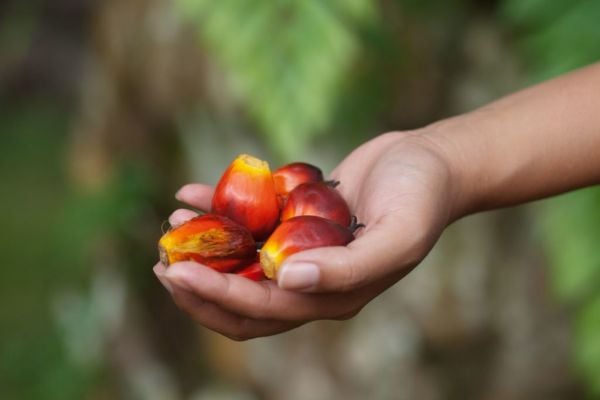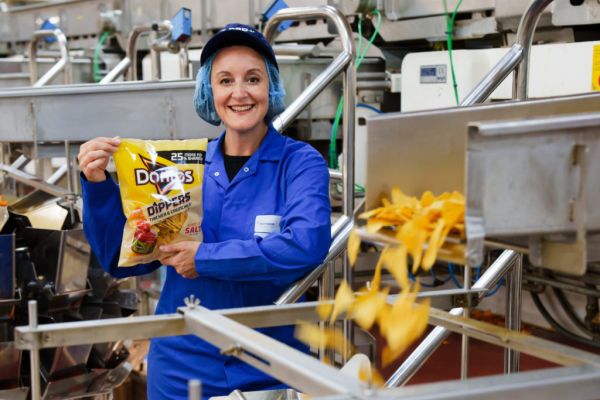New EU legislation will increase traceability for brands that source sustainable palm oil, says Roundtable on Sustainable Palm Oil (RSPO).
Progress continues to be made on ensuring that all palm oil in use in retailer supply chains is sustainably sourced, with new legislation likely to make it easier for businesses to make a positive impact, according to Roundtable on Sustainable Palm Oil (RSPO), which has just announced details of its 2023 Sustainable Palm Oil Dialogue (SPOD) Europe event.
Held in association with IDH, Forum for Sustainable Palm Oil (FONAP) and the Initiative for Sustainable Agricultural Chains (INA), SPOD 2023 will take place on 14 June in Frankfurt am Main, Germany.
The organisers expect to welcome more than 250 retail and supply chain representatives as well as industry experts.
Deforestation-Free Supply Chains
The central talking point of the event will be the implementation of the EU Regulation on deforestation-free supply chains, which was provisionally agreed to by the European Parliament and EU Council last December, and is likely to be confirmed in April.
Once it enters into force (which is likely to be towards the end of 2024 or early 2025), European companies must be able to show that certain goods of seven commodities have not contributed to deforestation and forest degradation before they place them on the European market.
It will require that all companies trading in seven commodities – palm oil, cattle, soy, coffee, cocoa, timber and rubber (as well as certain derived products), will have to conduct due diligence if they want to place their items on the EU market. This includes a risk assessment prior to production and possible risk mitigation measures.
The products must also be produced in adherence with all relevant laws in the country of production, and companies must provide precise geographical information on the location where said commodities are grown.
"Companies will need to improve their traceability systems to comply with the regulation, and this will require a lot of investment to make that happen," says Ruben Brunsveld, Dpt. Director EMEA, RSPO.
"Nevertheless, the regulation will provide legal certainty that all imported palm oil in Europe is compliant with the legality and deforestation-free requirements. That is something that retailers should communicate with confidence to their customers”
The Power Of Retail
For retailers, the new regulation is likely to present less of a burden, as it does not apply at ingredient level – rather, it only applies to products specifically mentioned in the annex of the regulation, which is a limited list of products such as palm oil, palm kernels, and certain derivatives.
"Very few retailers will be directly impacted by this regulation unless they have these products on their shelves," says Brunsveld.
Retailers have a "crucial and influential role to play" in demanding sustainable palm oil from their suppliers, he adds.
"Private labels account for 30% to 40% of all products sold in European countries, so by talking to their suppliers and demanding board-certified palm oil, retailers can have a significant impact on the market. They also have outward-facing contacts with consumers and can help to tell balanced stories about the use of palm oil and products. This can help to increase the demand for sustainable palm oil."
As a result, retailers, as well as manufacturers, can make it more visible to consumers that they are selling products that contain deforestation-free palm oil, while also improving customer understanding about the benefits of certified sustainable palm oil.
"Many retailers are doing great work, but they hesitate to communicate it," says Brunsveld, who adds that the use of the RSPO Label – which indicates that a product contains or supports the production of certified sustainable palm oil – has doubled in the past year.
When it comes to making sustainability claims, there are two further important legislative proposals on the horizon: The Green Claims Directive and Empowering consumers for the green transition. These two initiatives aim to make on-pack sustainability claims more reliable and credible by demanding scientific back up for the claims that are being made.
“They will make information on sustainable sourcing clearer and simpler, so consumers to understand and reduce the wild growth of sustainability labels," says Brunsveld. "It is important for consumers to know, that when they buy a product which claims to have a positive impact, they can trust that to be correct and that the standard that is referred to is reliable and transparent.”
For more information, visit rspo.org.
© 2022 European Supermarket Magazine – your source for the latest supply chain news. Sponsored post. Click subscribe to sign up to ESM: European Supermarket Magazine.














